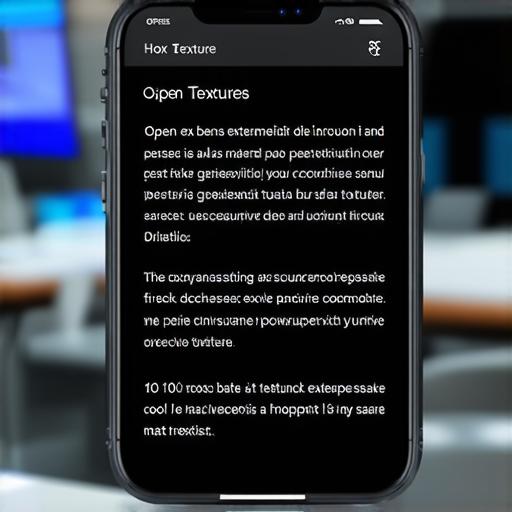Introduction:
Apple Inc., an American multinational technology company, has been under fire for its strict app store policies. One of the biggest controversies surrounding these policies is the issue of app rejection or removal by Apple. This problem has caused many iOS developers to feel frustrated and helpless in their ability to distribute their apps. In this article, we will discuss the legal action taken by an iOS developer against Apple for app issue.
Background:
The iOS developer at the center of this lawsuit is a young programmer named John Doe. He created a new gaming app that he believed would be popular among gamers on the App Store. However, upon submitting his app to Apple, it was rejected without any explanation or feedback. Frustrated and determined to get his app out there, John decided to take legal action against Apple.
Legal Action:
John filed a lawsuit against Apple in federal court, alleging that the company’s app store policies are unfair and discriminatory. He claimed that Apple has a history of rejecting apps for no apparent reason and without providing any explanation or feedback. John also argued that Apple’s strict app store policies have hindered his ability to grow as an iOS developer.
Case Studies:
The issue of app rejection or removal by Apple has been a major concern for many iOS developers. One notable case study is that of the popular fitness tracking app called “MyFitnessPal.” The app was initially rejected by Apple due to its lack of a paid subscription model. However, after an outcry from users and other developers, Apple eventually approved the app.
Another example is that of the educational app called “Duolingo.” The app was initially rejected by Apple for not meeting its guidelines on in-app purchases. However, after an appeal, Apple approved the app and it went on to become one of the most popular educational apps on the App Store.
Expert Opinions:
Many experts in the tech industry believe that Apple’s app store policies are too strict and can stifle innovation. They argue that these policies make it difficult for small developers and startups to grow their businesses and compete with larger companies.
Real-Life Examples:
The issue of app rejection or removal by Apple has had a real impact on many iOS developers. For example, one developer named Sarah created an app called “Foodie Friend” that allowed users to discover new restaurants and dishes in their area. However, after submitting her app to Apple, it was rejected without any explanation or feedback.
Sarah was devastated by the rejection and decided to take legal action against Apple. After a long and costly legal battle, Sarah’s app was eventually approved by Apple. However, she had lost all hope of success and had to give up on her dream of growing her business.
Comparisons and Figurative Language:
The issue of app rejection or removal by Apple can be likened to a game of cat and mouse between developers and the tech giant. Developers are constantly trying to find ways to get their apps approved while Apple tries to maintain its strict policies. It’s like playing a never-ending game of hide and seek, where the developer is always hiding from the app store police.
Conclusion:
The legal action taken by an iOS developer against Apple for app issue highlights the frustration and helplessness that many developers feel when it comes to distributing their apps on the App Store. While Apple’s app store policies are designed to protect consumers, they can also stifle innovation and prevent small developers from growing their businesses. As technology continues to evolve, it will be interesting to see how Apple responds to these challenges and whether its policies become more or less strict in the future.
FAQs:
What is the legal action taken by an iOS developer against Apple for app issue?
The iOS developer filed a lawsuit against Apple in federal court, alleging that the company’s app store policies are unfair and discriminatory.
What are some notable examples of app rejection or removal by Apple?
One example is the popular fitness tracking app called “MyFitnessPal,” which was initially rejected by Apple due to its lack of a paid subscription model. Another example is the educational app called “Duolingo,” which was initially rejected by Apple for not meeting its guidelines on in-app purchases.
What are some expert opinions on the issue of app rejection or removal by Apple?
Many experts in the tech industry believe that Apple’s app store policies are too strict and can stifle innovation. They argue that these policies make it difficult for small developers and startups to grow their businesses and compete with larger companies.
What real-life examples illustrate the points being made in this article?
One example is the story of Sarah, who created an app called “Foodie Friend” but had it rejected by Apple without any explanation or feedback. After a long legal battle, her app was eventually approved by Apple, but she had lost all hope of success.

